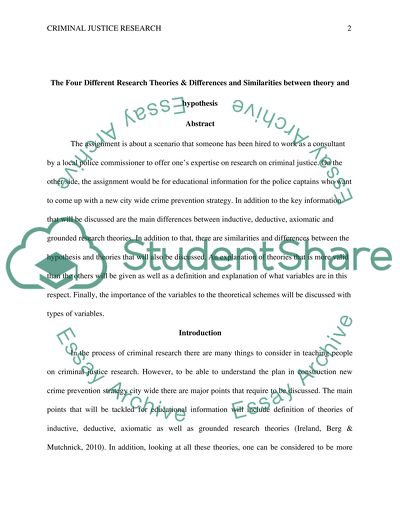Cite this document
(“The Four Different ResearchTheories & Differences and Similarities Assignment”, n.d.)
Retrieved de https://studentshare.org/law/1461050-the-four-different-researchtheories-differences-and-similarities-between-theory-and-hypothesis
Retrieved de https://studentshare.org/law/1461050-the-four-different-researchtheories-differences-and-similarities-between-theory-and-hypothesis
(The Four Different ResearchTheories & Differences and Similarities Assignment)
https://studentshare.org/law/1461050-the-four-different-researchtheories-differences-and-similarities-between-theory-and-hypothesis.
https://studentshare.org/law/1461050-the-four-different-researchtheories-differences-and-similarities-between-theory-and-hypothesis.
“The Four Different ResearchTheories & Differences and Similarities Assignment”, n.d. https://studentshare.org/law/1461050-the-four-different-researchtheories-differences-and-similarities-between-theory-and-hypothesis.


